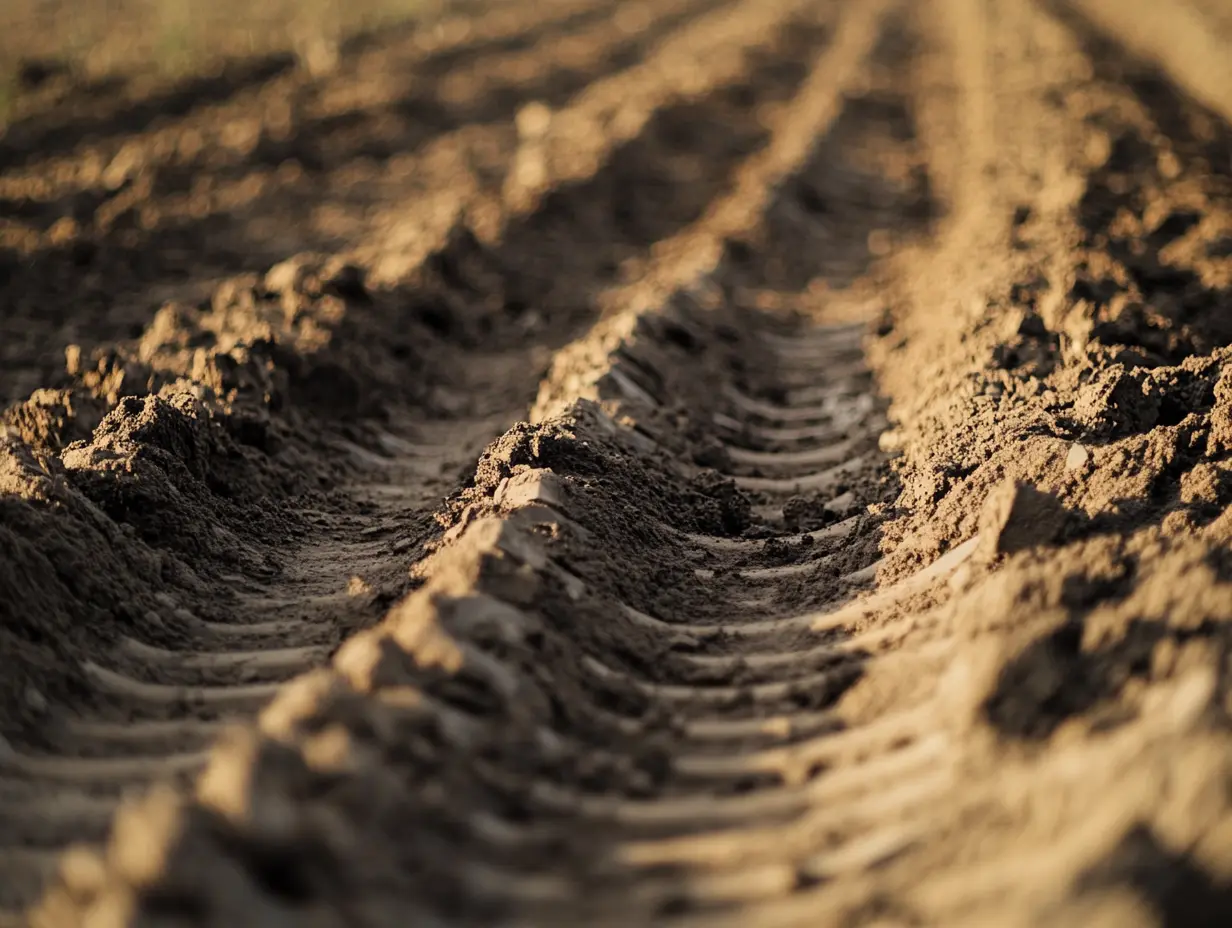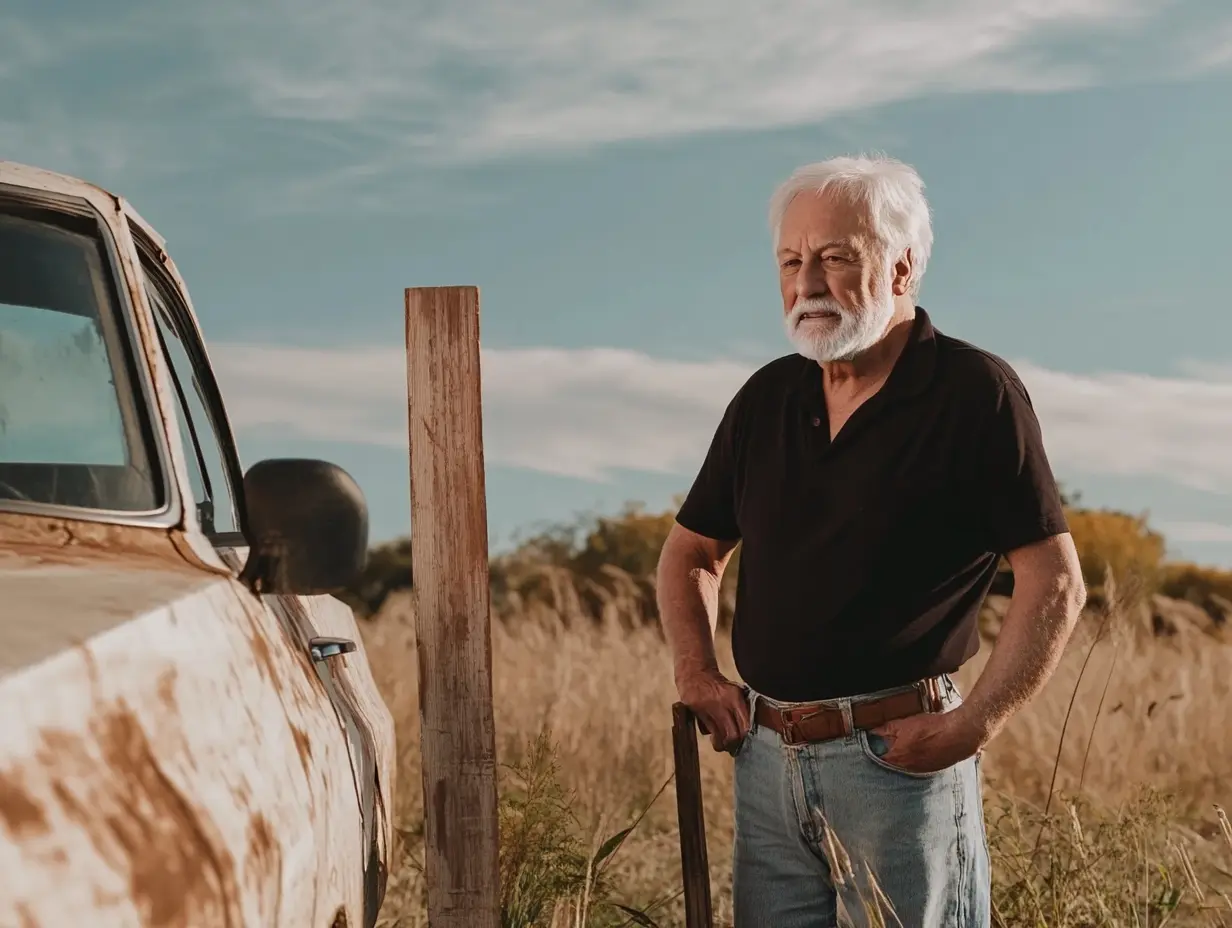
The tires had churned up soft soil, leaving thick clods of earth in their wake. He rubbed a hand over his beard and muttered, “Well, hell.” It wasn’t just the presence of the cars—it was their boldness.
These weren’t cautious edge-parkers; these were people who had decided his land was fair game, like it was a public lot that just hadn’t been paved yet. Margaret joined him a few minutes later, holding a small pot of the newly sprouted forget-me-nots. “More of them?”

“Yep,” Eli said, not taking his eyes off the field. She sighed and turned back toward the garden. “Then it’s only going to get worse.” That afternoon, Eli hauled two spare pieces of plywood from the barn and set up a makeshift signpost. With red paint thick and wet, he wrote in big block letters: “PRIVATE PROPERTY – NO PARKING, CROPS IN GROUND – DO NOT ENTER”
He propped one at the corner near the main road and the other farther down near the back fence. It wasn’t elegant, but it made his message clear. By Sunday morning, the signs had been knocked over. One lay face-down in the mud, the other kicked onto its side like trash.